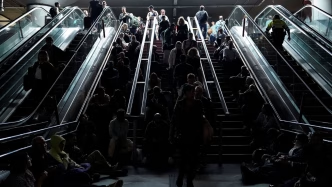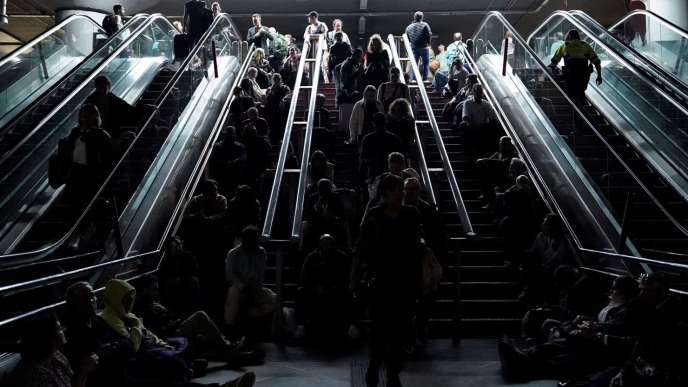What Is Wrong with South Korean Society? A Deep Dive into Structural Strains and Social Pressures
South Korea stands as a global success story in many respects—economic growth, technological innovation, cultural influence through K-pop and K-dramas. But behind the gleaming façade of skyscrapers and digital dominance lies a society grappling with deep, systemic issues. These internal contradictions, often masked by surface-level prosperity, have begun to raise difficult questions about the sustainability and health of South Korea’s social model.
1. The Pressure Cooker of Youth: Education and Competition
South Korea’s education system is notoriously rigorous. Students endure relentless academic pressure from a young age, with many attending after-school programs (hagwons) late into the night. This high-stakes environment may help produce top global rankings in literacy and math, but it comes at a cost: stress, sleep deprivation, and a disturbingly high rate of youth suicide—the highest among OECD countries.
The culture of competition doesn’t stop at graduation. University admissions, corporate hiring, and even dating and marriage are seen through the lens of hierarchy and status. Many young people feel they are stuck in a rat race with little time for joy or personal growth.
2. Workplace Culture and Mental Health
Korean corporate life is often defined by long hours, strict hierarchy, and social pressure to conform. Despite legal reforms to cap weekly working hours at 52, workaholic culture persists. The concept of “gapjil”—abuse of power by superiors—is still widespread in both corporate and public institutions.
Mental health remains heavily stigmatized, and although awareness is growing, resources are still limited. South Korea has one of the highest suicide rates in the developed world. Workers often suffer silently, fearing that seeking help could damage their careers or reputations.
3. Aging Population and Birth Rate Crisis
South Korea has the world’s lowest fertility rate, hitting a record low of 0.72 in 2023. Young adults cite financial pressure, job insecurity, unaffordable housing, and gender inequality as reasons for avoiding marriage and parenthood. The government has poured billions into pro-natalist policies, but without addressing root causes—like work-life imbalance and outdated gender roles—these efforts have had minimal effect.
At the same time, the country is aging rapidly. By 2050, over 40% of the population will be over 65. This demographic crisis threatens economic stability and burdens a shrinking younger generation with supporting the welfare of the elderly.
4. Gender Inequality and Misogyny
Despite being a technologically advanced nation, South Korea struggles with gender equality. The country consistently ranks low among OECD nations in gender wage equality and female representation in leadership.
Misogynistic sentiments have become increasingly vocal online, with anti-feminist backlash leading to political polarization. President Yoon Suk-yeol’s administration has even proposed abolishing the Ministry of Gender Equality and Family—a move criticized by women’s rights groups.
5. Wealth Inequality and Housing Injustice
While Seoul is one of the world’s most developed cities, it is also one of the least affordable places to live. Skyrocketing real estate prices have widened the gap between the haves and have-nots. Home ownership feels like a distant dream for many young South Koreans, creating a generational wealth divide.
The term “Hell Joseon” has gained traction among youth—a phrase referencing a dystopian Korea where social mobility is a myth, and life is dictated by systemic injustice.
Conclusion: A Country at a Crossroads
South Korea’s economic miracle was built on discipline, sacrifice, and national ambition. But today, those very foundations are beginning to crack under the weight of rigid traditions and societal expectations. For the nation to thrive into the next century, it must redefine what success looks like—not just in GDP or tech exports, but in happiness, equality, and dignity.
True progress will come when South Korea no longer asks its citizens to sacrifice their well-being for the sake of national image—and starts investing in a society where people are free to live, not just survive.
















